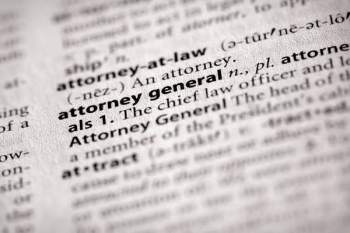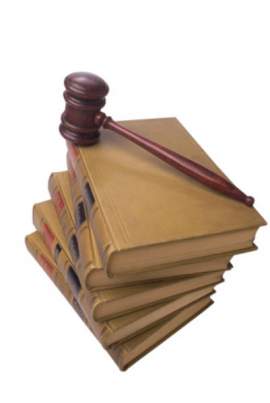
What Are Probate Attorneys

Attorneys involved in the executing of the estate of a deceased person based on the Probate law.
Transaction lawyers are hired to help execute the estate of the deceased. This means the lawyer distributes property, funds, and other wishes as dictated in the will of the deceased. The lawyer will inform the heirs and family members of the estate of what they are to receive or to manage.
Probate litigators are brought in by the family members of the deceased to either dispute the appropriation of the estate or to clear up the wording of the will so that it is more comprehensible. These lawyers may also help family members file suit to become the executor of the estate, obtain property, or
A probate lawyer can also be hired to help someone draft a will. In this capacity, the lawyer creates a legal document which will determine what properties are left to whom, who becomes the executor of the person's estate, who becomes the parental guardian of the person's children if younger than adult age, or other information to be relayed to family members after the person has died. Probate attorneys in the United States create wills in accordance with the Uniform Probate Code of 1964 (UPC).
The UPC was drafted by the National Conference of Commissioners on Uniform State Laws (NCCUSL) to help standardize the process of creating a will and the language to be used within so that it can be understood by the heirs and family of the deceased. Probate law varies from state to state as only 16 states adopted the UPC as originally written in 1964. Before executing a will, many probate attorneys familiarize themselves with the specific probate law in the state of the deceased so as to perform their duties legally and effectively.
The UPC contains eight articles which dictate how a probate attorney is to operate within the scope of the law to properly create wills and execute them. The eight articles are:
General Provisions, Definitions, and Probate Jurisdiction of Court
Intestacy, Wills and Donative Transfers
Probate of Wills and Administration
Foreign Personal Representatives and Ancillary Administration
Protection of Persons Under Disability and their Property
Nonprobate Transfers on Death
Trust Administration
Effective Date and Repealer
The UPC provides definitions and guidelines for probate attorneys, judges, and government agencies to follow in regard to probate law and its application.
NEXT: What Are The Functions of Elder Law Attorneys





















